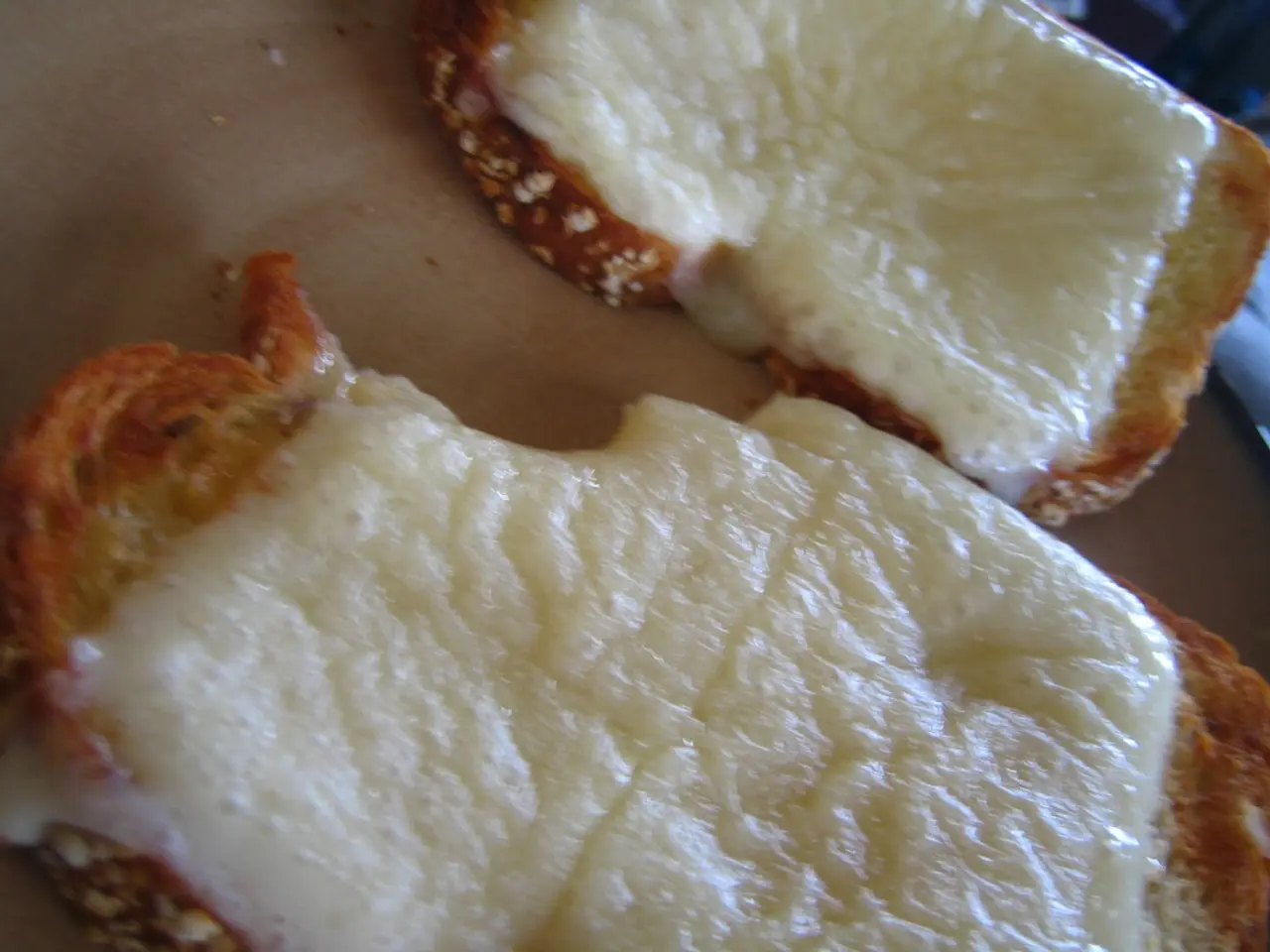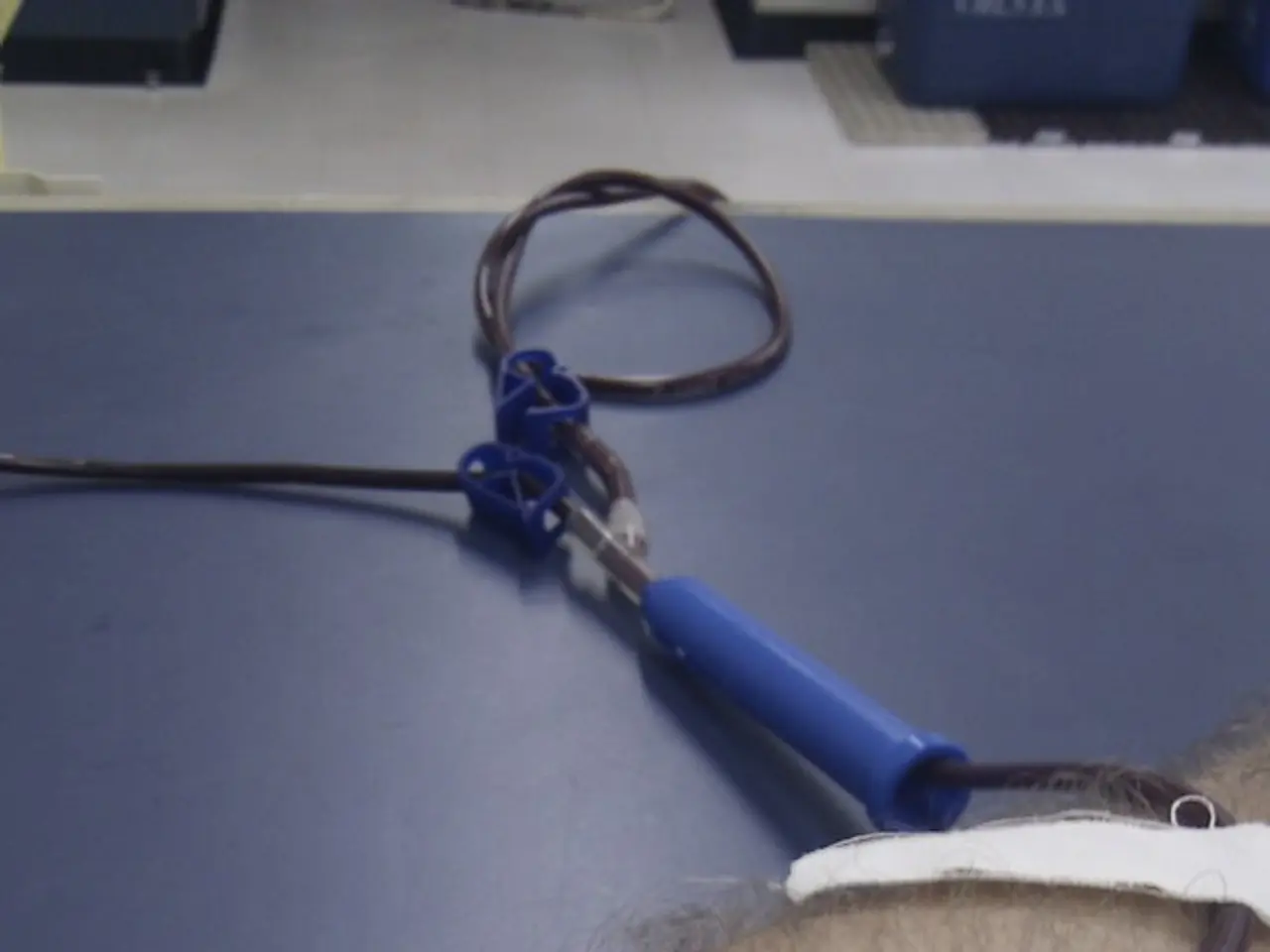Strategies for Managing Hidradenitis Suppurativa Scarring
Hidradenitis suppurativa (HS) is a chronic inflammatory condition that can cause cysts to form on and under the skin, often leaving behind unsightly scars. However, effective treatments and prevention methods can help reduce the severity of these scars.
Treatment options for HS focus on controlling inflammation, preventing flare-ups, and managing existing lesions to minimise scar formation.
Medical therapies play a significant role in managing HS. Topical antibiotics, such as clindamycin, reduce bacterial colonization and inflammation. Oral antibiotics and hormonal treatments like combined contraceptive pills or spironolactone help control inflammation and flares. Steroid injections, such as triamcinolone, into lesions reduce swelling and inflammation locally, preventing extensive tissue damage and scarring.
Biologic therapies, which are medications made from organic life, are being approved by the FDA to directly target specific inflammatory responses that cause HS cysts to form. For example, adalimumab (a TNF-alpha inhibitor) and newer JAK inhibitors like upadacitinib, povorcitinib, and tofacitinib, lower lesion count, pain, and improve functionality. Topical JAK inhibitors, such as ruxolitinib cream, show promise for localized HS nodules with fewer systemic side effects.
Surgical interventions are often necessary for persistent or severe cases. Procedures include incision and drainage of abscesses, deroofing (removing tunnels/sinuses), and wide local excision of affected tissue to prevent recurrence. Laser therapies, such as carbon dioxide or Nd:YAG lasers, can also target hair follicles and reduce inflammation, potentially minimising scarring in some patients.
Prevention and supportive measures are crucial in managing HS. Managing triggers and lifestyle adjustments help reduce flare frequency and severity, thus limiting scarring. Smoking cessation and weight management are critical since smoking and obesity worsen HS outcomes. Wearing loose-fitting clothing avoids friction and irritation, and stress management may reduce flares. Avoiding trauma to lesions, such as squeezing or scrubbing, can prevent worsening inflammation and new scar formation.
In summary, a multimodal approach combining medical therapies, procedural interventions, and lifestyle changes is most effective at reducing HS severity and subsequent scarring. Early and consistent treatment to control inflammation and prevent progression to chronic sinus tracts or tunnels is key to minimising permanent scar formation.
For many, these scars can be painful and itchy, and they can also be a source of emotional stress and low self-confidence. However, with the right treatment and management strategies, the impact of HS on an individual's life can be significantly reduced.
- Hidradenitis suppurativa (HS) is a chronic inflammatory condition that often results in unsightly scars on the skin.
- In managing HS, it's essential to control inflammation, prevent flare-ups, and minimize scar formation.
- Topical antibiotics like clindamycin are used to reduce bacterial colonization and inflammation in HS.
- Oral antibiotics and hormonal treatments such as spironolactone and combined contraceptive pills are administered to control inflammation and flares.
- Steroid injections, such as triamcinolone, can help reduce swelling and inflammation in HS lesions.
- Biologic therapies like adalimumab, upadacitinib, povorcitinib, and tofacitinib are approved by the FDA to target specific inflammatory responses in HS.
- Surgical interventions like incision and drainage, deroofing, and wide local excision may be necessary for persistent or severe HS cases.
- Prevention and supportive measures, such as smoking cessation, weight management, loose-fitting clothes, stress management, and avoiding trauma to lesions, can help reduce flare frequency and scarring.
- A multimodal approach combining medical therapies, procedural interventions, and lifestyle changes is most effective for reducing HS severity and subsequent scarring.
- Impact of HS on an individual's life can be significantly reduced with the right treatment and management strategies, despite the associated pain, itching, emotional stress, and low self-confidence caused by scars.




